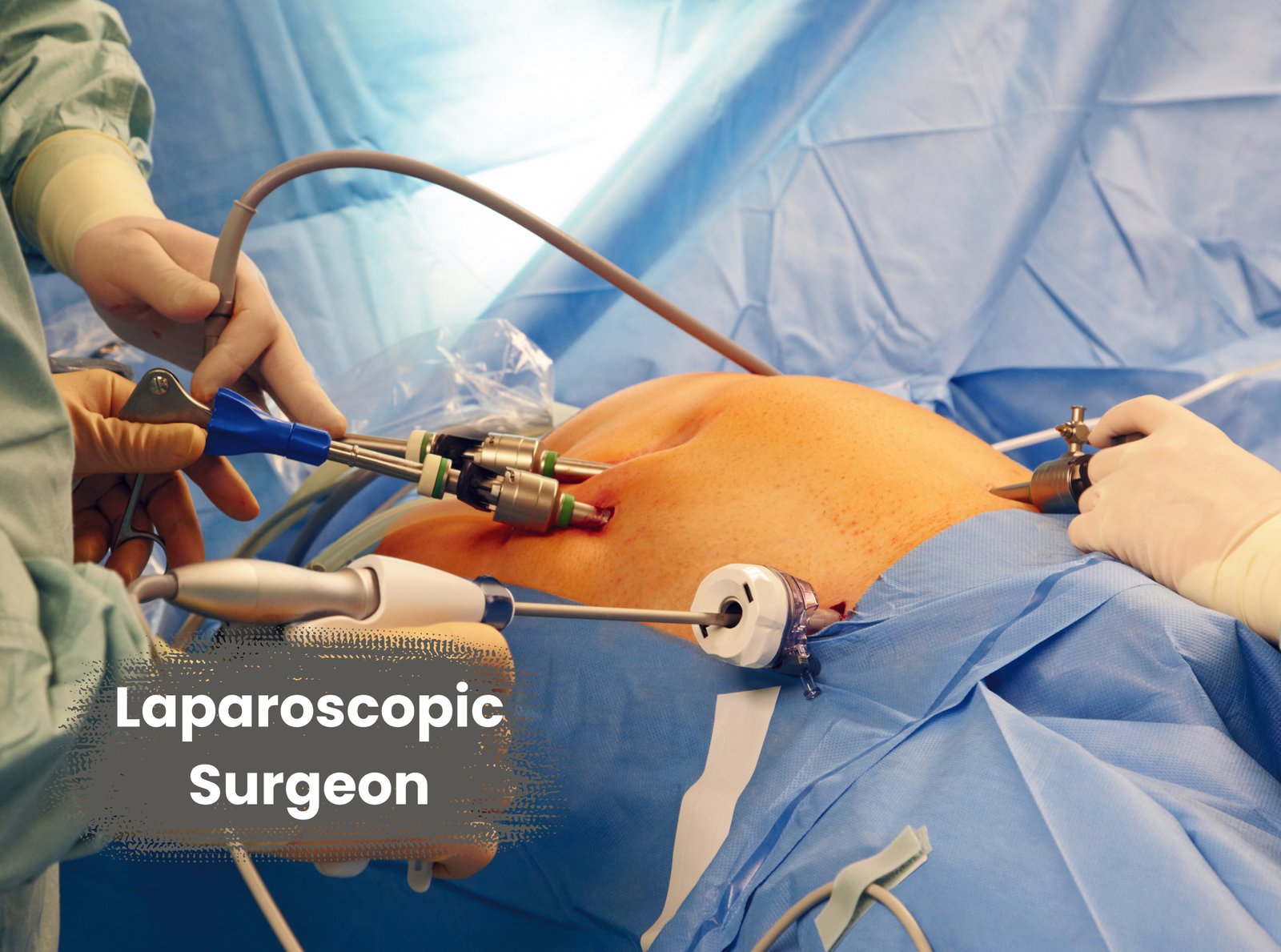Laparoscopic surgery, also known as minimally invasive surgery, is a technique where surgical procedures are performed through small incisions using specialized instruments and a camera. Surgeons who specialize in performing laparoscopic procedures are often referred to as laparoscopic surgeons or minimally invasive surgeons. Here’s an overview of their treatment approach:
- Consultation and Evaluation:
- Laparoscopic surgeons begin by consulting with patients to understand their medical history, symptoms, and diagnostic results.
- They evaluate whether the patient is a suitable candidate for laparoscopic surgery based on the nature of the condition and overall health.
- Preoperative Preparation:
- Before surgery, patients may undergo preoperative assessments, which may include blood tests, imaging studies, and other diagnostic procedures.
- Laparoscopic surgeons educate patients about the procedure, potential risks, and benefits.
- Laparoscopic Surgery:
- Laparoscopic surgeons perform surgery using small incisions (usually 0.5 to 1.5 centimeters) through which trocars (hollow tubes) are inserted.
- A laparoscope, a thin tube with a camera and light source, is inserted through one of the trocars to visualize the surgical area.
- Specialized instruments are introduced through the remaining trocars to perform the surgery.
- The surgeon manipulates the instruments with precision to carry out the required procedure, whether it’s gallbladder removal, hernia repair, colorectal surgery, or other interventions.
- Benefits of Laparoscopic Surgery:
- Reduced postoperative pain
- Shorter hospital stays
- Quicker recovery and return to normal activities
- Smaller incisions, leading to improved cosmetic outcomes
- Postoperative Care:
- After laparoscopic surgery, patients are closely monitored in the recovery area.
- Surgeons provide postoperative care instructions, including pain management, wound care, and information on signs of complications.
- Follow-up:
- Laparoscopic surgeons schedule follow-up appointments to assess the patient’s recovery, address any concerns, and ensure that the surgical site is healing properly.
- Collaboration with Other Specialists:
- Laparoscopic surgeons may collaborate with other specialists if the patient’s condition requires a multidisciplinary approach.
- Continuous Professional Development:
- Laparoscopic surgeons stay updated on the latest advancements in minimally invasive techniques through continuous education and training.
Laparoscopic surgery is employed across various medical specialties, including general surgery, gynecology, urology, and more. If you are considering a laparoscopic procedure, consult with a qualified laparoscopic surgeon who can provide personalized advice based on your specific medical condition and needs.


